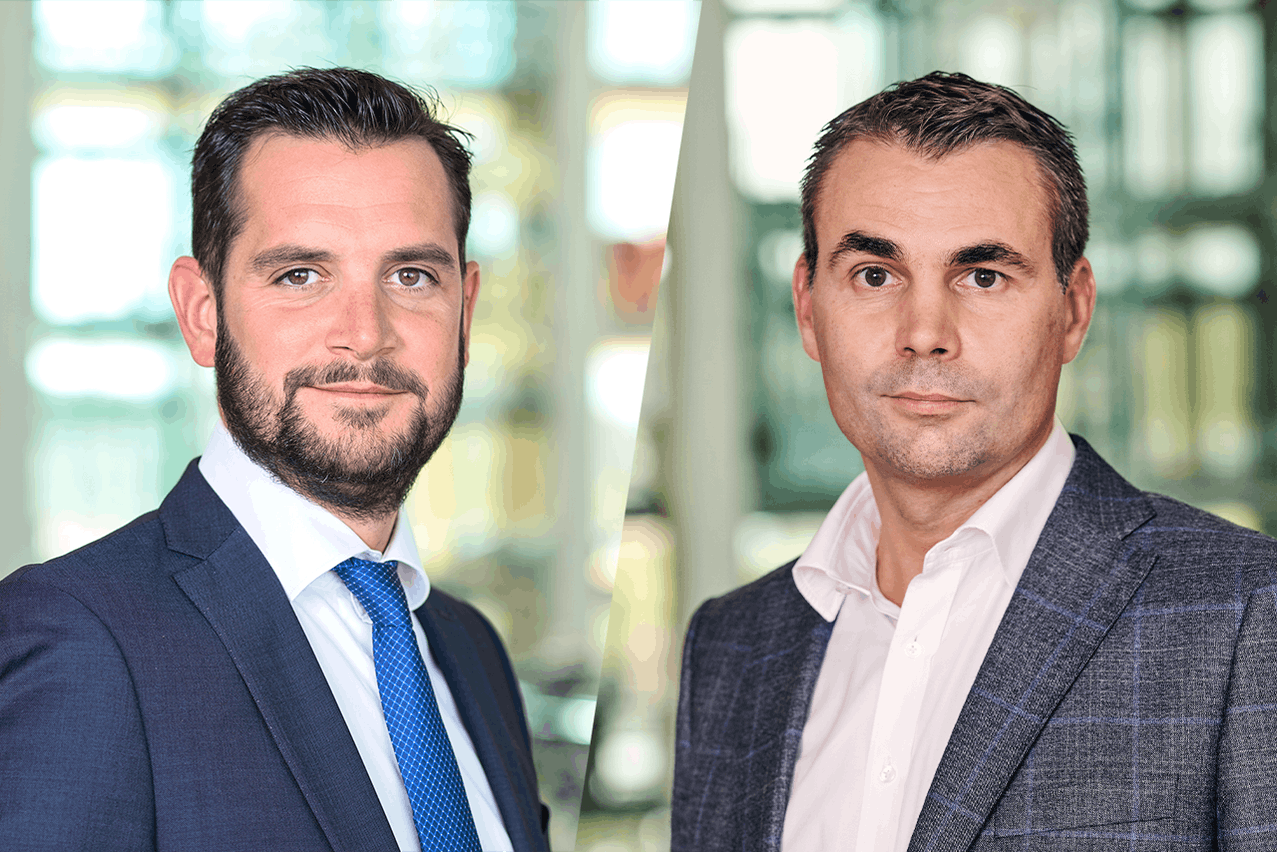Luxembourg accommodates over 300 management companies (mancos) that possess licenses for Ucits (Undertakings for Collective Investment in Transferable Securities) or AIFMs (Alternative Investment Fund Managers), or in some cases, both.
Based on the eighth annual report, compiled by PwC Luxembourg--which comprises 80 participants representing 72% of the assets under management and 58% of the mancos’ employees in Luxembourg--there has been a noteworthy decline in the assets under management for regulated products.
This decline can be attributed to several factors, including Russia’s war in Ukraine, which has resulted in heightened interest rates, inflation and an overall downturn in the stock market.
The report found that 11% of the decrease in AuM can be directly attributed to the performance of the stock market, while a mere 3% can be attributed to net sales.
However, amidst this decline, there has been a significant increase in alternative investment funds (AIFs), with a remarkable growth rate of 25%. This surge in AIFs reaffirms Luxembourg’s prominent position in the real assets business, further supported by the rise in the number of AIFMs establishing their presence in Luxembourg.
The results of the 2023 Observatory for Management Companies confirm the adaptability and resilience of management companies in a complex economic environment.
ESG priority
As of 31 December 2022, 54% of AuM overseen by mancos in Luxembourg are categorised as either article 8 or article 9. This surpasses last year’s target of 45% for the same period.
Furthermore, mancos anticipate that within the next 12 months, 59% of their AuM will meet sustainable investment compliance, with an even higher projection of 64% within the following 24 months.
Governing boards
The governance framework of Luxembourg mancos remains robust, featuring an average of four to five directors per manco and an average of seven board meetings held annually.
Encouragingly, the gender equality rate gap is narrowing, with a 3% increase in the number of women compared to the previous year.
Currently, 23% of mancos have a dedicated conducting officer overseeing tax matters, while 7% have plans to establish such a role. Additionally, 19% of mancos have a conducting officer responsible for ESG or sustainable finance, with 15% aiming to introduce this function. On average, mancos have three functions assigned to each conducting officer.
Strategy
In 2022, 57% of mancos witnessed a growth in revenue, primarily fueled by favorable investment performance and emerging business opportunities. However, during the same period, the majority of mancos encountered a rise in costs, particularly attributed to regulatory obligations and staffing expenses.
According to 90% of respondents, Luxembourg’s position as an attractive fund hub remains the primary motivation for establishing or retaining a manco in the grand duchy.
The Luxembourg ecosystem, known for its close proximity to stakeholders and regulators, political stability and favourable business environment, emerged as the second most important factor for selecting Luxembourg, supported by 79% of respondents.
The past two years have set the record straight: pressure on fees, scarcity of talent and increased regulatory environment urge players to make choices. Outsourcing of non-core functions has been used for several years; but we also started to observe asset managers or mancos increasingly delegating the management of certain asset classes.
Headwinds and future
The primary obstacles facing Luxembourg’s current manco model include the rising costs of conducting business (91%), regulatory burdens and challenges (84%), and limitations stemming from a shortage of skilled workforce and available resources (75%), said survey respondents.
Looking forward, mancos foresee industry consolidation as a prominent trend, with 69% of respondents supporting this view. Furthermore, 66% believe that Luxembourg will evolve into a European hub for manco business in the long term.
“Digitalisation and technology remain on the top of the priority of the management companies. Currently most of the management companies continue to leverage on internal solutions to improve their process, nevertheless ESG data and oversight of delegated functions are considered as the top priorities in terms of need of transformation,” said Jaboulay.
Find the full report .


